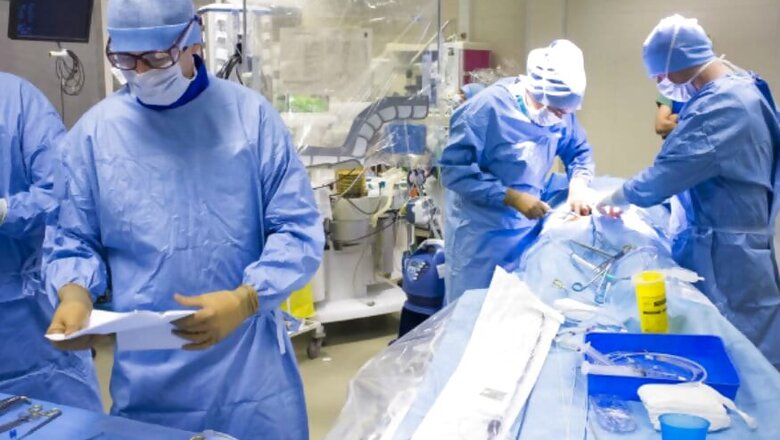
views
In a major relief to lakhs of cardiac patients, the government on Tuesday cut prices of life-saving coronary stents by up to 85 per cent by capping them at Rs 7,260 for bare metal ones and Rs 29,600 for drug eluting variety.
The maximum retail price of bare metal stents (BMS) and drug eluting stents (DES) will be Rs 7,623 and Rs 31,080, respectively, inclusive of VAT and other local taxes. The new prices are applicable with immediate effect, Chemical and Fertiliser Minister Ananth Kumar said while announcing the decision.
Earlier, the average maximum retail price (MRP) for BMS was Rs 45,000 and for DES, it was Rs 1.21 lakh. The government has asked the companies to change the MRP of the existing stock.
A coronary stent is a tube-shaped device placed in the arteries that supply blood to the heart. It keeps the arteries open in the treatment of coronary heart diseases.
"We want to stop the menace of over-pricing of coronary stents in various hospitals. After careful consideration and after having inputs from various stakeholders, the National Pharmaceutical Pricing Authority (NPPA) has decided to fix the ceiling prices for cardiac stents," he said.
The minister said the capping of the stent price will result in saving of Rs 80,000-90,000 per piece and gross relief of Rs 4,450 crore in a year for cardiac patients.
The companies will have to revise the price of the existing stock being sold in the market, he said, adding that stringent action will be taken against hospitals and suppliers for overcharging.
The health ministry has been told to take steps to curb unethical practices by hospitals such as charging more from patients for procedure, treatment and post-care, to recover their losses due to reduction in stent prices, he noted.
In a notification issued on this issue, NPPA said: "... It was found that huge unethical mark-ups are charged at each stage in the supply chain of coronary stents resulting in irrational, restrictive and exorbitant prices in a failed market system driven by information asymmetry between patients and doctors, pushing patients to financial misery."
Under such extraordinary circumstances, there is an urgent necessity, in public interest, to fix ceiling price of coronary stents to bring respite to the patients, it added.
The government had included coronary stents in the national list of essential medicines (NLEM), 2015, in July 2016 and in the first Schedule of the Drug Prices Control Order (DPCO), 2013, in December 2016.
Stating that new prices are unlikely to make much adverse impact on industry, Kumar said, "The landed price or manufacturing cost of imported BMS is Rs 5,415 and for DES, it is Rs 16,918. Hence, the ceiling prices have been set taking into account the ethical profit margins and R&D costs of each member of the supply chain of coronary stents."
In case of serious violations of the ceiling prices, the NPPA has the authority to recover the over-charged amount, along with 15 per cent interest.
"There are no provisions for penalty right now. However, we can take criminal action and invoke provisions of the Essential Commodities Act and cancel the licence," NPPA Chairman Bhupendra Singh said.
The ceiling of prices will promote Make in India as at present the market size of locally-made stents is roughly 30 per cent.
"Seeing the huge number of patients and future requirements, foreign companies will also try to make in India to cut costs and remain competitive," the minister added.
To address the grievances of the common man, the ministry has already started two mobile apps — Pharma Jan Samadhan and Pharma Sahi Daam — on which an aggrieved person can register complaints and action will be taken swiftly.
The minister further said cardiovascular diseases (CVDs) are a major cause of death in India, which is about 25 per cent of total deaths. Out of these, 90-95 per cent CVD deaths happen due to coronary artery diseases.
In its 2015 report, the National Commission on Macroeconomics and Health estimated prevalence of CVD in 61.6 million while the health ministry report showed more than 3.5 lakh procedures done in the same year, which amounts to 4.73 lakh stents.
In 2016, the figure of cardiac stents must have been above 5 lakh, he added.
Unhappy with the development, trade body AdvaMed said, "While the intent is to cap prices in patients' interest, this pricing has the potential to block innovations and limit access to world-class medical care and options to deserving patients."
The singular focus on controlling ceiling price of stents, without attempting to address the larger picture and correct inefficiencies in the healthcare ecosystem will not achieve its stated benefit in the long run, it said.
There is a clear, measurable difference between different types of stents and their benefits. The government should have taken this categorisation into consideration before regulating prices, it added.
"This is disruption of the worst kind, bereft of sound economic or practical logic. This kind of arbitrary price fixation will do more harm to the patients, industry and the trade in the long run and will damage domestic manufacturing," said Gurmeet Singh, MD, Translumina Therapeutics (Indian Stent Manufacturer).
The Association of Indian Medical Devices (AiMed) said, "The government cannot vacillate from one extreme to another - once giving a free run to all kinds of malpractices and then taking such measures which are neither feasible nor sound - even in the garb of welfare populism. That's why we have been demanding setting up of an expert body which really understands the medical device manufacturing ecosystem.













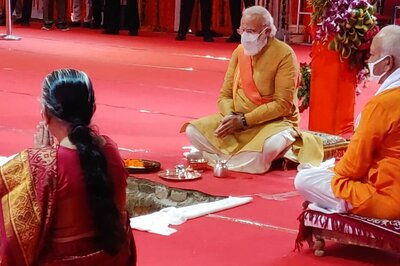

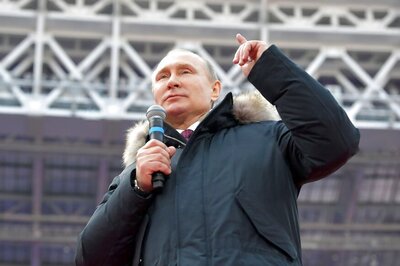


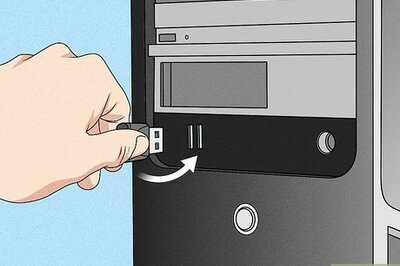
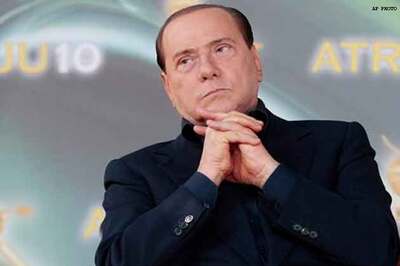
Comments
0 comment